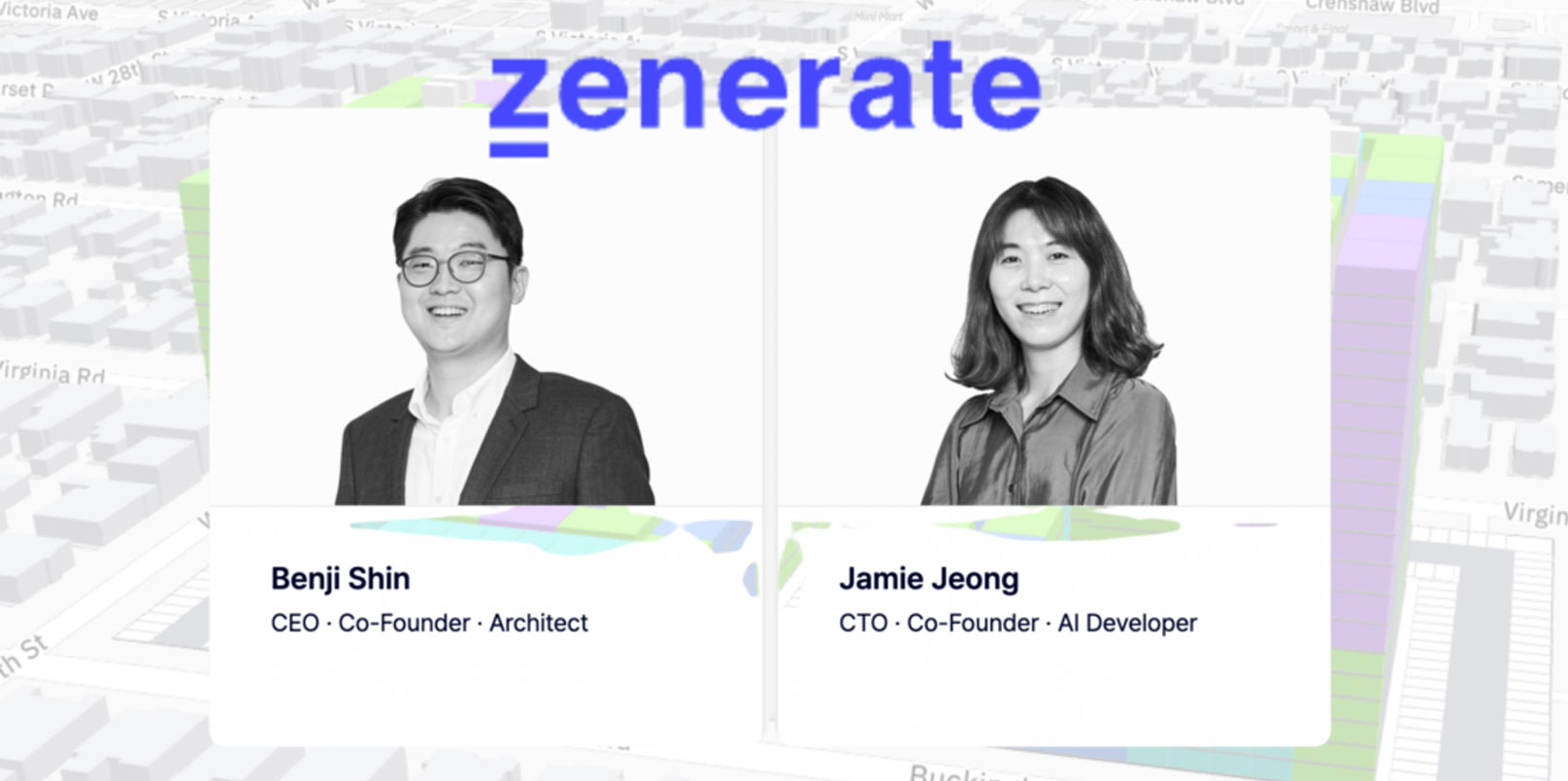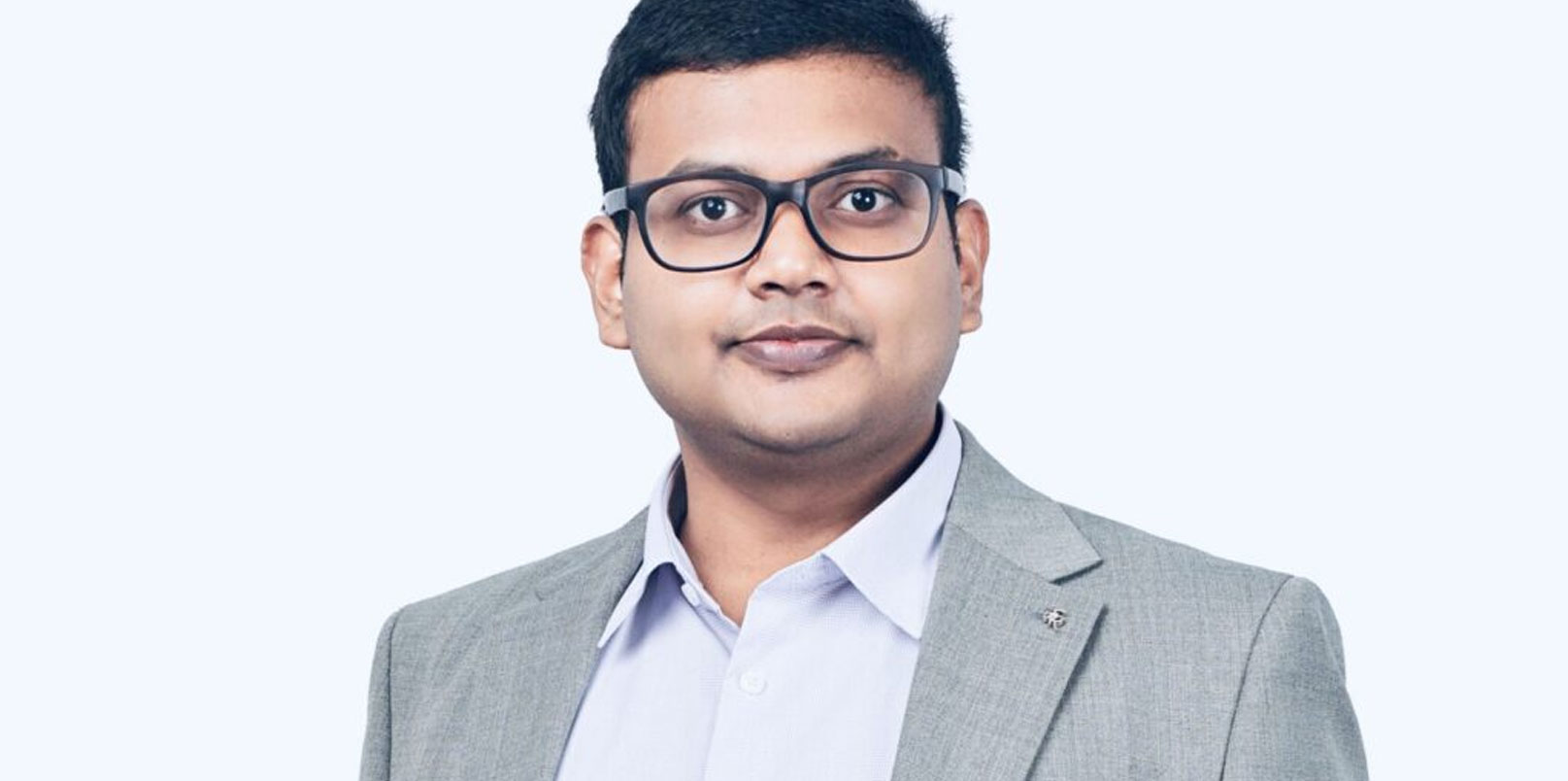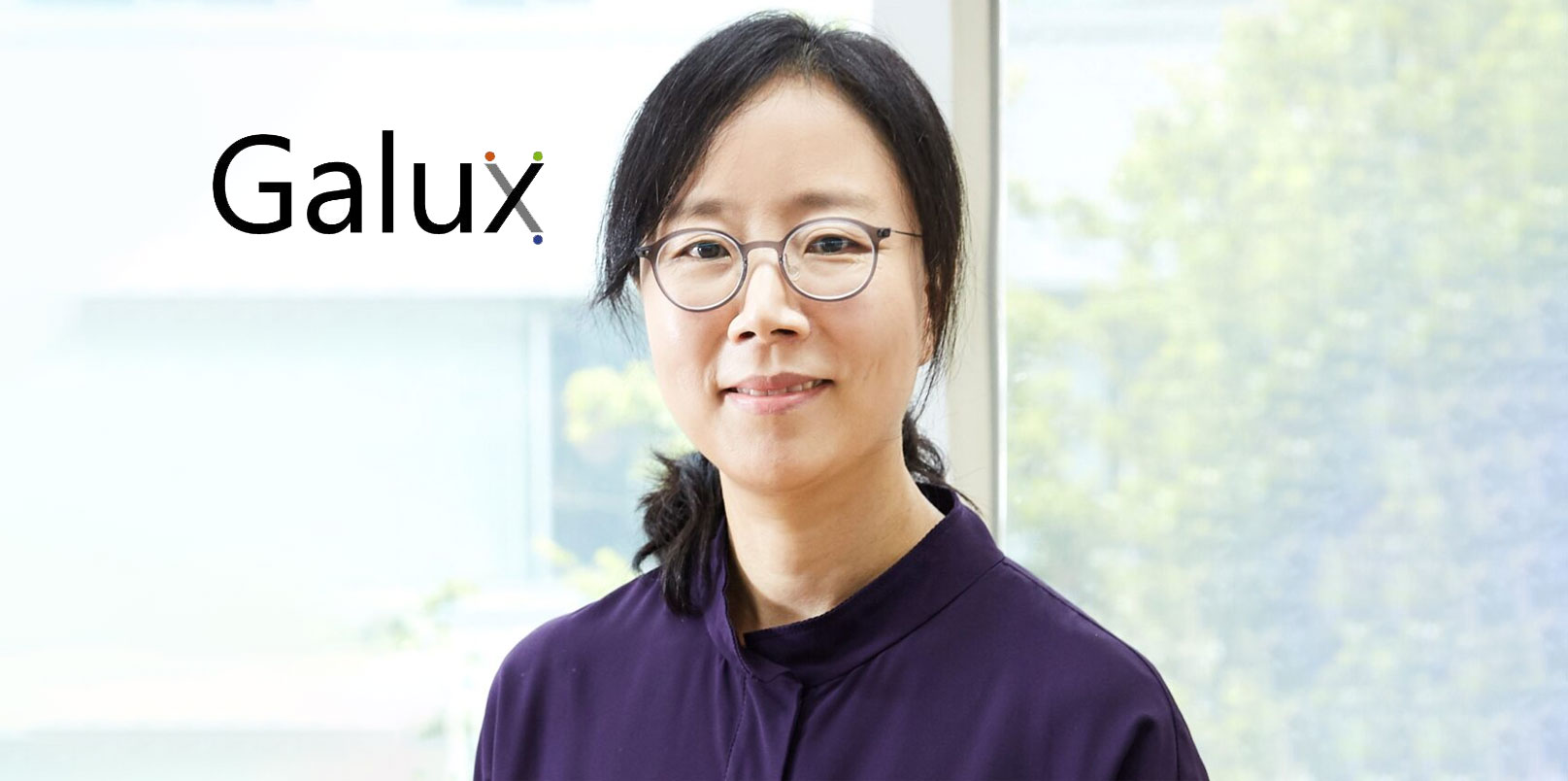He is not only an investor but also a mentor and supporter of the tech ecosystem in Indonesia, working hand-in-hand with the government for the betterment of startups. Donald Wihardja, a partner with Convergence Ventures, has over 20 years of experience working in the technology sector in Indonesia as a consultant, entrepreneur, and investor. With expertise in technology, legal, finance, consulting, and management, Donald has a unique blend of track records in investing in, mentoring, and running technology startups.
As a Partner in Convergence Ventures, Donald has evaluated hundreds of tech startups and invested in over 20 tech startups in Indonesia. In the past three years, he and his team at Convergence have covered startups in the industries from Content Portal to Advertising, Commerce, and FinTech, by actively mentoring and sitting in their boards as needed.
Donald is also active in building the Indonesian Tech Startup Ecosystem through speaking at events, mentoring, and advising government bodies and industry associations. Donald is also a Deputy Head of AMVESINDO, Indonesia’s Venture Capital Association.
Donald main interest is FinTech, with over 5 years in the Digital Payment space: recently as GM for Indonesia in 2C2P, a regional Payment Gateway processing over $500 million annually, and previously as CIO in Indomog, growing the startup from a beginner to the leader of Indonesia online game payment market.
Donald previously worked in Quvat (Private Equity), on the over $100M investment into Matrix (Submarine) Cable Network. Completed in 2008, The Matrix Cable ushered the country into the Internet Age by drastically reducing the cost of internet for Indonesian customers. Independently, Donald also advised and assisted a few technology startups to raise several million dollars of funding from angel investors.
Donald graduated with honors from the University of California at Berkeley with a BS in Electrical Engineering and Computer Science and received his Master’s in Computer Science from Cornell University. In his spare time, Donald enjoys scuba diving and hopes to visit Raja Ampat someday.
Koreatechdesk.com had a conversation with Donald Wihardja about the Indonesian startup ecosystem and his views about entrepreneurship.
1) What is your background and domain expertise? And what made you become an investor?
I have 20 years of career experience in tech, beginning as telco and financial services IT consultant, to running my own software house, and to be an investment manager for private equity before finding my own tech startup in payment. So I can say that my career has been building up to it.
For the last 10 years as the tech startup ecosystem in Indonesia was maturing, I had the opportunity to work with a few startups to help them pitch to their investors. Back then, the investors were all locals and did not know of tech themselves. So I have seen firsthand how hard it is for the founders to get funding, and so I founded my own VC to address the issues.
Lastly, I also was recruited early in 2015 to advise the Indonesian government to build the tech ecosystem, including from the investor side. In our team of about 10 advisors from the private sector, each has their own expertise and personal goals to push the necessary reforms in Indonesia’s tech ecosystem. The Indonesian e-Commerce Roadmap presidential decree and the Nexticorn foundation is part of our work.
2) As an investor, what kind of startups have you invested in? and how did you find those startups to invest in?
Convergence Ventures is a geographically focused fund, thus we are pretty sector agnostic in our investment. We invest in tech companies from seed to series B. To get our leads, we attend and speak in every tech conferences. Be very prominent through leadership in the sector by regularly contributing to the press in many articles (just google our name). Thus, we have a good funnel of about 1000 startups a year. However, the best startups we found are via referrals. We maintain a good network of co-investors and get referrals from startups we invest in and we talk to.
3) What would be the core factors that you decide “Not” to invest in certain companies?
The number one factor to invest (and not to invest) is the idea itself. Successful INVESTABLE startups must solve a big problem in the market (Big Addressable Market Size), and must do so at the right time (i.e., FinTech didn’t work until around 2016-2017). The key is then to invest in them AT THE RIGHT TIME. And, 90% of the tech startups ideas are just not a match for Indonesia. The other 5% are just not at the right time.
Our team has a deep understanding of what works around the world, especially in the emerging market. We keep our eyes and ears out to new trends globally. As we are very close to the ground in Indonesia, we also have a good idea of what concept would work, and when is it finally the right time to back them.
Of equal importance is to have INVESTABLE founders. We interview the founders extensively and conduct background checks on them to make sure that they fit the bill. The idea could be great, but if they are not the right team to back, we should look further and invest in another.
4)
4) What would be the KPI that you usually check about the startups’ growth? It may be diverse in each industry like LTV, CAC, MoM, etc. but it would help to understand more about your additional investment factors.
As you said, it is different for every industry. And we keep an eye out for the key drivers behind each. (We maintain a table of KPI to Valuation multiplier from tech startups around the world.) For e-commerce, it is GMV top line, but also CAC/LTV, Margins at various levels, cohort retention rate and the likes.
For FinTech it is Loan Disburse Rate, Margin, CAC/LTV, Late payment at DPD-0 to DPD-90 (90-days payment delayed = Non-Performing Loan)
5) What is the investment range of your company and in a typical year, how many startups do you invest in? And does S.K. Korea headquartered startups have a chance to get investment from you or should it be headquartered in certain countries?
We usually invest in about 10 startups a year. And we usually closely monitor their growth by attending every board meeting for a year or two, to see if they can be the one we add to follow on investments.
We invest in companies that target the developing market, especially Indonesia, for growth. Usually a branch office in Indonesia is required.
6) Can you list one company you have rejected for investment before but think you should have invested in that company? If there is any, why do you think you have missed that investment opportunity?
Investree pitched to us at their seed stage in 2016. At the time the FinTech wave was not yet there (they are the second player on the ground). But in 2017-2018, the FinTech wave hit and they grew to become the second largest FinTech lender in Indonesia.
We ended investing in Koinworks, the #3 player in 2018, but our investment grew 3x in just 6 months, and 2x more fold to date. Although we missed Investree, we did not miss the wave (and you can’t invest in conflicting companies anyways. So, in the end, it’s OK, and we get a faster return on our investment this way).
7) What are the main factors that startups fail as per your experience after getting investment and how can they prevent mistakes in advance from your personal perspective?
VC-backed startups sometimes forget that money doesn’t grow on trees and that they must achieve certain growth and certain KPI to get to the next round of funding. The matrix that works in Seed and Series A does not apply to Series B and Series C. Startups, therefore, must be guided in the expectation of each subsequent round. Many startups fail because they build their company growth around the wrong KPI and realize that the successful company they build in series A doesn’t look so successful anymore in Series B. (I.e. GMV growth is important up to Series A, but in Series B, an e-commerce company must also deliver good net margin.)
8)
8) What’s your advice to entrepreneurs who meet investors like you? And what are the top 3 questions you always ask founders?
- What is the market you’re trying to address? (To understand HOW they see the problem their startup is trying to solve, not just WHAT problem.)
- Why are you the best team to solve this problem (to understand their background, drive, and motivation. And can they deliver a pitch)?
- What is your go-to-market strategy (to see how they propose to grow beyond just spending advertising money. The best companies have a unique go-to-market strategy that ensures they get to the next stage)
9) What’s your general thought about the term “Global” and what are the important factors for Korean startups to consider for international expansion?
For each startup, it is important to understand their strength and the strength of their home ecosystem. Korean startups are blessed to be in one of the most tech advance countries in the world, where the next generation of consumer products are built and launched every day. But just as Korean consumer tech must also address the world (Global) need, so must Korean startups (because the local market is limited). The consumer of a great Korean startup must be beyond Korea. This is also because the Korean customer is unique and thus what works in Korea, may not work elsewhere.
However, it is not good to assume that the world market is uniform. So a startup with limited resources must focus on a specific global market. A startup cannot win a war if they must fight in too many battles simultaneously. They must choose their target market.
Indonesia is a developing nation, similar to many of its neighbor. For Indonesian Market, (and Thailand, Philippines, Vietnam, and many African and South American market) Korean startups must understand what the current technology level and economic stage of the customers is. (FYI, Samsung smartphones is #1 in Indonesia.)
10) As you know, our company name is “beSUCCESS”, what’s your definition of the term “success” as an investor or as an individual human being?
As an investor, my definition of my success is to profitably back the best (the ICONIC) startups of my market. This means to identify them early, invest, and then help them grow. This is how I left my mark in the tech ecosystem
As an individual, my definition of my success is to leave my mark for the greater good. That is why I voluntarily help the Indonesian government build the tech ecosystem, to support not just my investments, but others as well.
11) What are the one or two things you would do differently if you could go back to 10 years ago?
I would raise a fund earlier and be the first VC in the Indonesian market. Back then we did not believe that our market can grow this big this fast.
12) When you come to Korea next time, what kind of Korean entrepreneurs and startups you want to meet?
I would like to meet Korean startups targeting to solve problems in emerging markets.






